With the title of this article, there should be no surprise that I have been reading a book or two that echo the words of Charles Darwin. I have, but not a scholarly book. Still a significant book when we consider the topic of man and survival. Yes, I have been reading Tarzan of the Apes and the several that follow it. I read all the Tarzan books as a kid, but I am struck now with re-reading them (not all 26) as they were intended in 1912 onward. I am struck by Edgar Rice Burroughs‘ misconceptions and misinterpretations of the world from a current perspective, but at the same time look to the novels to see what relevance they have in today’s world. In all fairness, Burroughs was a reflection of the times as well and was writing what he knew to be the truths of his age.

I look at what I see and evaluate all kinds of performance, including literature, drama–and work results in today’s environment in terms of original intention. Hopefully, you’ll see the application this has for work performance.
As employers, we have a job to be done. We have expectations for the result (the original intention). What we have left is the performance. How is it different? Is it good or bad? Is it perfect? Can it be better? Can we train someone to do a better job than they are? Can we make them do it faster?
Here’s where we come back to Darwin and Burroughs. Do we want our people to be more creative in doing their job? Do we want them to adapt? Is this all part of the original intention? Are we trying to mold people to the work or work to the people? By not specifying what we want, are we setting them loose in the jungle and saying, survive? It happens all the time.
Burroughs’ Tarzan (please forget the ones in the movies) is set loose in the jungle as a baby and raised by apes, but it is his “superior” breeding and predisposition to be superior among his brethren in the world that makes him into an extremely adaptable superman. When confronted with all the dangers of this world, we find Man plus beast equals Man better than civilized man. How better: character. To the early 20th Century reader, this made perfect sense. After all, it is the civilized world with all its complexity that creates situations and temptations for Man to veer off the God-given right to be superior and become evil. Admirable character, inherited by birth, ruined by civilization. Some odd juxtaposition, but it makes sense knowing the time it supposedly took place. Modern audience’s love Tarzan’s struggle between civilization and the jungle, while audiences of that day in which it was written loved his character struggle between being a gentleman and being a beast. The savages have a simplistic code: fight to stay alive, fight for power, fight for the right to procreate. Character is simple, and the ability to survive depends on courage, strength and the ability to adapt.

We have just been hit with a double whammy of an economic situation. Employers are hesitant, trainers are, too, wondering how to approach those same employers and solicit work. For what it’s worth: we, too, need to keep it simple. Our ability to survive in this jungle economy is with courage, strength and our ability to adapt.
Tarzan seems to have a simple attitude toward others, trusting at first until there is reason to distrust, and by then we are thrust into another adventure. For us, we can’t afford to wait for another adventure. This is not a book of fiction so the survival factor is real.
This economic jungle has made us distrustful of everyone. Customer service is horrible as people expect the worse. Leadership is resigned. Management is waiting for the axes to fall. Training is falling on deaf ears. “Let’s wait until the economy is better,” companies are saying. That’s not the answer.
But we are crafty, we say, let’s get a jump. Let’s be ready for the prosperous times ahead by training our people and being on top of our game. That does sound good, doesn’t it? I won’t argue it. I hope it works.
Meanwhile, maybe Tarzan the Ape Man has an answer for us. I alluded to this in my last article, Training Character. What is the difference between the Ape Man and civilized Man? Moral character learned from both and an understanding that there are no shortcuts to character, no variations of what’s right and what’s wrong. To the savage, there is a choice of survival, and making the right choice is as important or more important than having the courage to fight. If you can’t adapt, you die.
We, too, must adapt or die. Maybe we’ll just stagnate. Is it worth the risk? Adapting doesn’t necessarily mean cutting jobs; perhaps, increasing them or changing them makes sense. Ask others for input, from inside the company and out. Maybe the people who have seen other companies in similar situations have also seen the solutions that made them succeed when others might fail.
Training can motivate at a time when we look loss in the face. Tarzan does something else we can admire; he doesn’t sit still. He is forever confronting and evaluating his jungle–even when it’s not his jungle. He is sniffing out dangers and opportunities to get what he needs to survive. He doesn’t wait unless he is sick or wounded and he has no choice. Don’t you.
Some trainers may take umbrage with this last thought. The training doesn’t have to be about change. I think it can be about anything. If not performance, why not professional development. When times are bad, people do think of themselves. Company loyalty is balanced only by how desperate someone feels for the security of his or her family. Offer them a chance to help, to be a force, to have courage and the will to fight for the company, they’ll be there if you think of them, too.

Show you have the character, and they’ll show you theirs. Positives have a way of making it to the market. If happy at work, feeling secure, employees will send those feelings to their neighbors and you will reach the markets. It won’t be long before you are out of the jungle.
This is yet another article where I have promoted ideas instead of process, methods and assessments. My next will definitely be more substantial. How about a list of definitions used in our training world? It always helps to speak the same language–especially when what we do is so universal. Just look at the front of this website and see the translation widget. Or a how-to? People are always looking for shortcuts with links. I’ll see what I can do.
Finally, I hope I haven’t misread the intention of the Tarzan books and haven’t bored you with my attempt to make connections. Think of any disaster, any life or death situation, character helped people survive. I love tales of survival because they are filled with courageous actions, perseverance, loyalty, integrity, and other ideas that make good people tough it out. Maybe I’m old fashioned but a business with a heart, with character, gets my vote every time. Especially when times are tough. Maybe I’m not alone.
However, I am alone in that this is a product of my mind and no one else–save Edgar Rice Burroughs and Charles Darwin. My other mutterings can be found on my Cave Man Training and Communication website, and you can even follow me on Twitter. For a look at the human side of training from my Cave Man perspective, please check out my book, The Cave Man Guide to Training and Development. Happy training.
—
For more resources about training, see the Training library.

